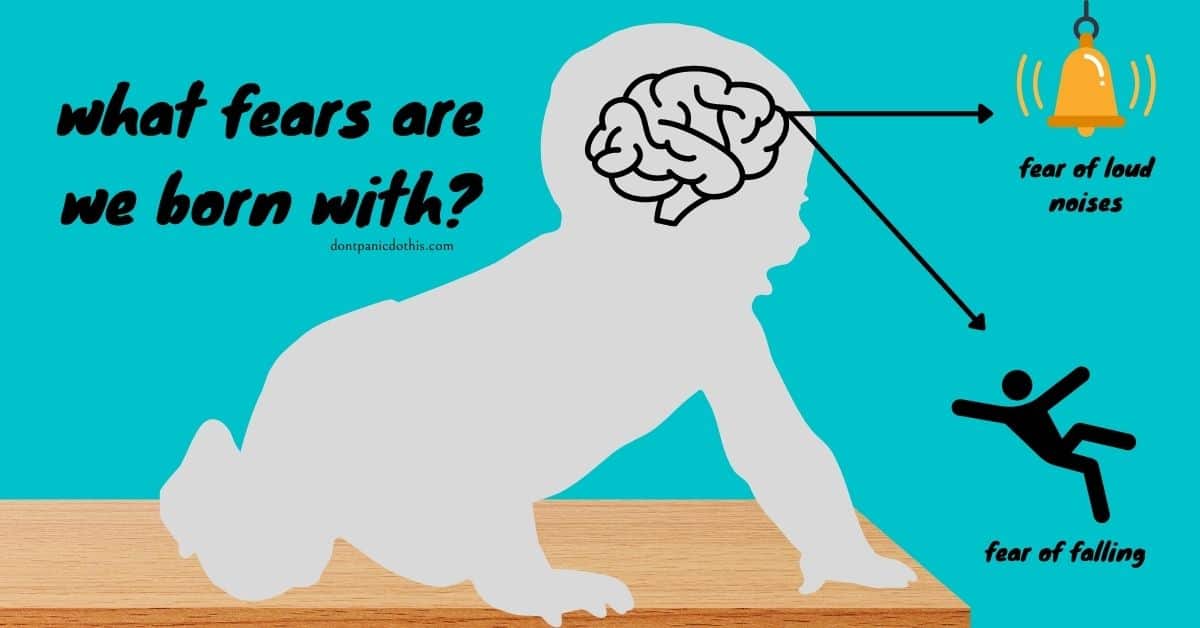Fear of heights and loud sounds are innate some research suggests fear of snakes and spiders may also be innate all other fears are learned

Innate and Learned Fears: Exploring the Science Behind Human Phobias

Fear is a fundamental emotion that has been ingrained in humans for thousands of years. It plays a crucial role in our survival, alerting us to potential dangers and facilitating our ability to respond appropriately. While some fears are learned through experiences and cultural influences, research suggests that certain fears are innate, meaning we are born with them.
Innate Fears: Heights and Loud Sounds
One of the most widely recognized innate fears is the fear of heights, known as acrophobia. Looking down from a great height triggers anxiety and a strong desire to return to safety. This instinctual response serves as a protective mechanism to prevent us from falling and potentially injuring ourselves.
Loud noises, such as explosions or thunderclaps, also elicit an innate fear response in many individuals. This fear, known as phonophobia, is believed to have evolutionary roots. Loud sounds can indicate the presence of danger, signaling the need to retreat or take immediate action.
The Case for Innate Fears: Snakes and Spiders

While the debate about innate fears is ongoing, some research suggests that fear of certain animals, specifically snakes and spiders, may also be innate. According to a study published in the journal Frontiers in Psychology, researchers found that infants as young as six months old showed a fear response when presented with images of snakes. It is theorized that this fear may have evolved as a survival mechanism due to the potential threat these creatures posed to our ancestors.
Similarly, fear of spiders, known as arachnophobia, is believed to have an evolutionary basis. Our distant ancestors who were cautious or fearful of spiders may have had a survival advantage, as some spiders possess venom that can be harmful or even fatal. This instinctive aversion to spiders may have been passed down through generations.
Learned Fears: The Influence of Experience
While some fears can be traced back to our evolutionary past, most fears are learned through experiences. These learned fears can range from the fear of flying, often stemming from a traumatic plane incident or hearing about aviation accidents, to the fear of public speaking, which may develop through a negative experience or fear of judgment.
Sources:
Through the process of conditioning, we associate certain situations or objects with negative experiences, leading to the development of fears and phobias. For example, if a person was attacked by a dog as a child, they may develop a fear of dogs that persists into adulthood.
Conclusion:
Fear is a complex emotion that influences our behaviors and helps us navigate the world. While some fears like fear of heights and loud sounds appear to be hardwired in our brains, others, such as fear of flying or spiders, are acquired through personal experiences. Understanding the nature of fear and its origins can aid in managing and overcoming our fears, allowing us to live more fulfilling lives.
Share
Related Posts
Quick Links
Legal Stuff

